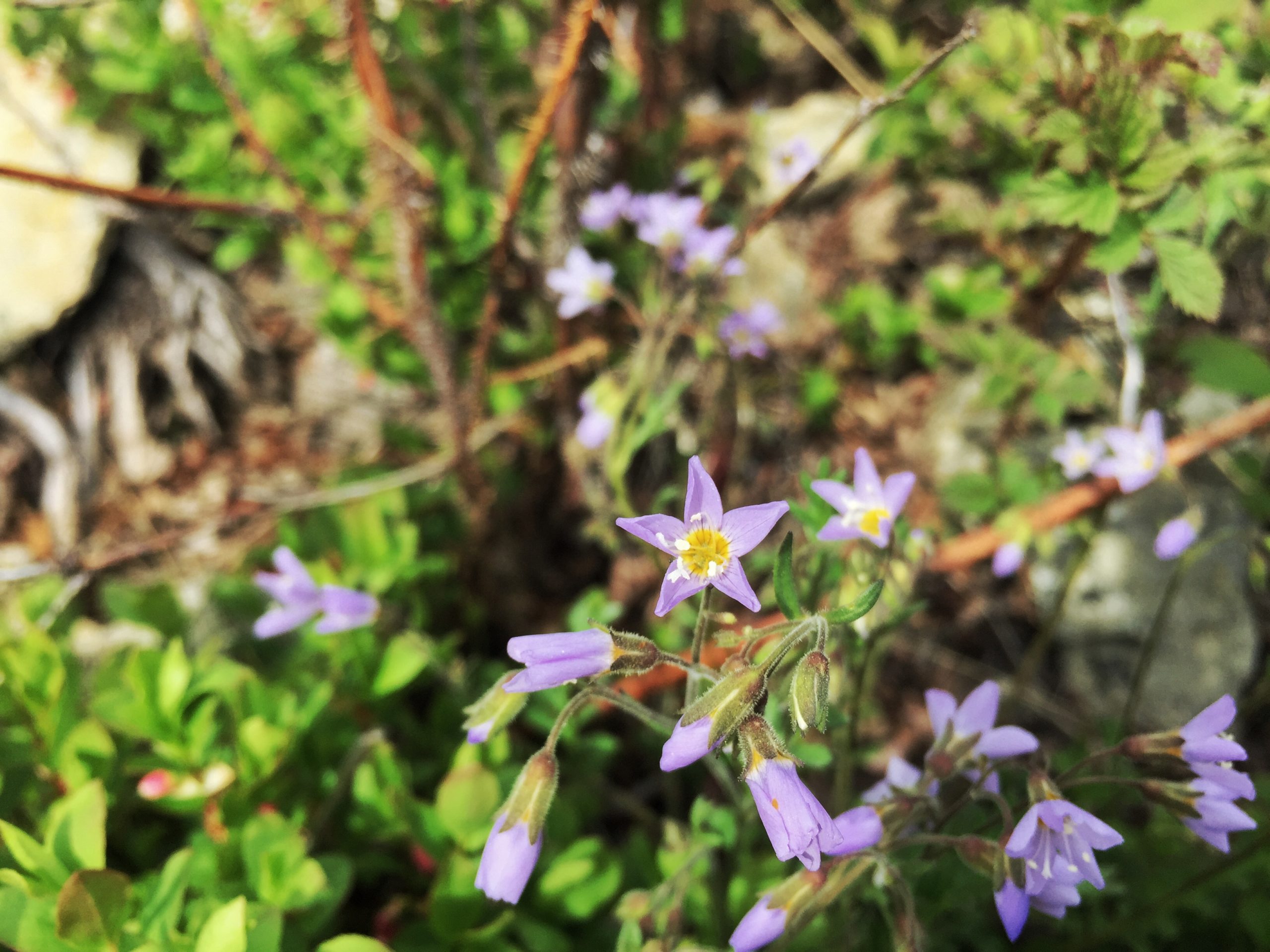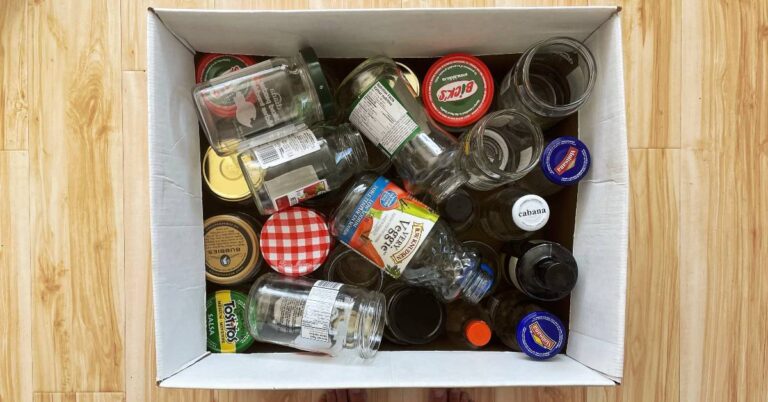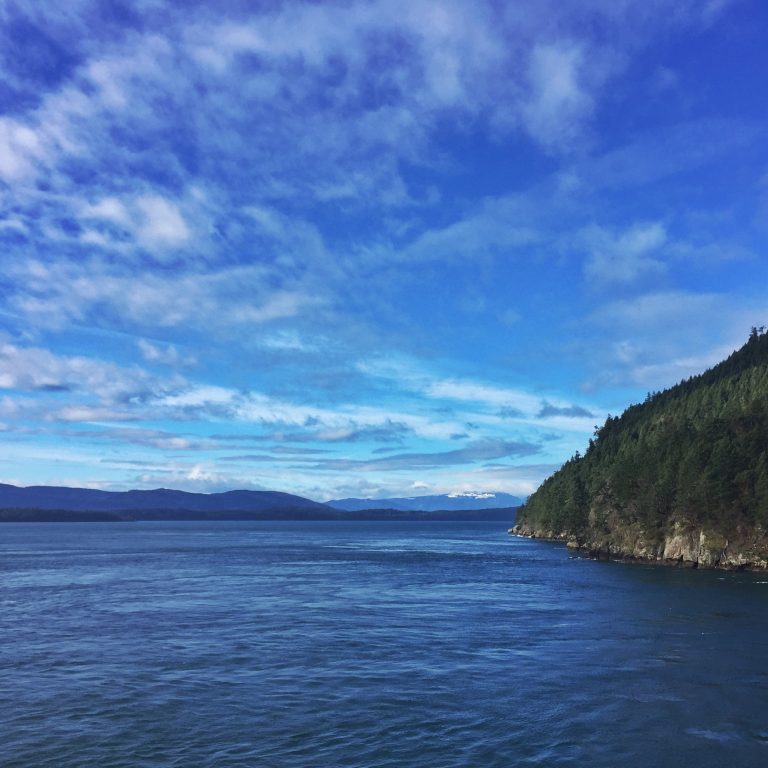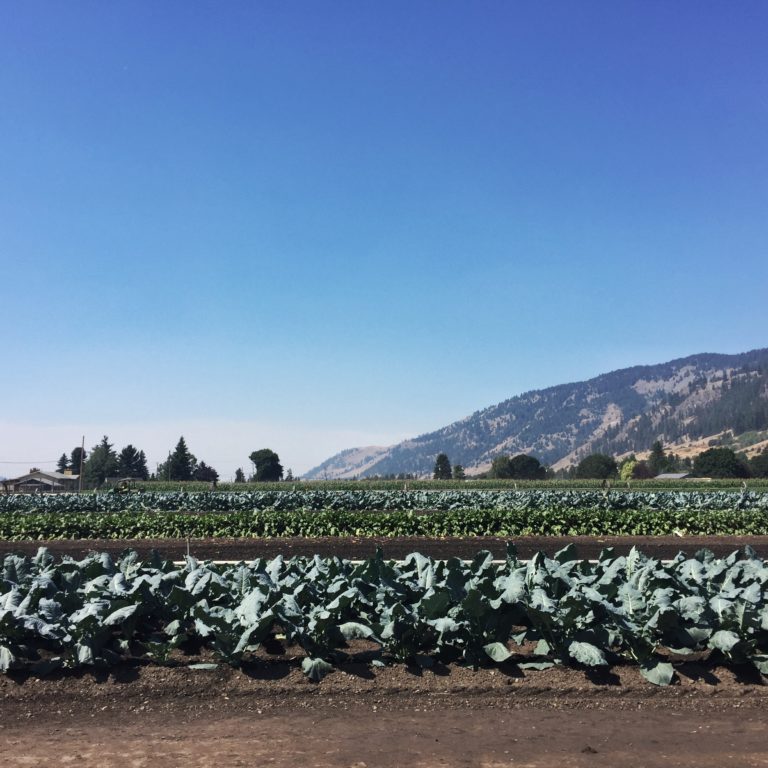Marching Into the Week with Planet-Saving Awesomeness
Hello friends! Welcome to another edition of Wake-Up Wednesday Wins…remember those? (hears an echo across the Internet…) The theme? Planet-saving awesomeness (what else?)!
I’m not quite sure where February went, but here we are: three days into March. It’s a fresh month with a whole lotta opportunity for winnin’. So, let’s get down to it! Here are some of the wins that have come across my radar in the last month.
Microplastics Turned Art
I’ve previously talked about the incredible work that Menos Plástico es Fantástico is doing to keep their community of Mahahual clean and plastic-free (read here). The good news just keeps on coming! Their most recent project is beautiful. They’re making art out of microplastics.
The art is a collaboration between Menos Plástico and a local artist – Sabrina Coco – and its intentions are threefold: 1) to use materials collected on nearby beaches in the jewelry, 2) to clean up and preserve wild sea turtle nesting habitat, and 3) promote the message that less plastic is fantastic. It is beautiful, it sends a message, and it cleans up the beaches. Planet-saving awesomeness? ✅
Nerding Out Over Marine Science
If you are a long-time reader of this blog, you will know that I only started it because I was trying to encourage myself to finish my undergraduate university capstone project. I studied marine sciences in university. It was during that time (circa 2008) when the plastic pollution problem first presented itself to me (read more about that journey here). Even though I don’t live near an ocean now, I will forever more be a total marine science nerd. Exhibit A: recently, I sat in on a meeting of Maine-based scallop fishers, policy-makers, and scientists…just for the heck of it. 😇
There are a few wins that came across my radar this last month, with respect to marine science research, that I wanted to plunk here. In no particular order….
1. Save the Whales…no, really.
I promise, I will get to the win, but first I have to set the stage (sorry). It seems like a worn-out environmentalist war-cry, but “Save the Whales” carries more weight with it now than ever before. While in university, I took a course called “Human Impacts on the Ocean” and we went through all the various ways humans are f*cking up our blue planet (it was not the most…uplifting class). There are many issues, and one involved our commercial use of the sea. A few weeks ago, I sat in on a webinar hosted by the Woods Hole Oceanographic Institution (based in Woods Hole, Massachusetts and considered a leading marine science research facility) and was reminded of this course. The webinar was all about the plight of the North Atlantic Right Whale and my head started spinning.
We are using our oceans in ways that are completely foreign to these slow-moving creatures, and the intensity/frequency of that use is just increasing. More ships in the water, more traps in the water…more everything in the water. This leads to problems for our North Atlantic Right Whale friends. Ship strikes, fishing gear entanglements, acoustic noise…it’s a mess down there.
The worst part?
Us consumers are kiiiind of the reason this is all happening. Our thirst for goods drives much of the commercial enterprises that are creating a network of disaster across these watery highways. We need fuel for our cars, new iPhones every minute, fresh seafood, and Amazon Prime deliveries. Add to this the fact that climate change is driving the Right Whale’s primary food source further afield and what’s left is an environment that is no longer hospitable to them. (you could say this is the opposite of planet-saving awesomeness…)
“We are passive whalers.”
Michael J. Moore, Whale Trauma Specialist, WHOI
Ropeless Gear
So, what’s the solution? What’s being done to stop this? Well…it’s complicated. Aside from shunning all material goods and relocating in a tent in the forest (a tent which was probably manufactured in China and put on a shipping container to cross the ocean and…oh, nevermind)…
As with all things of this size and scale, it’s complicated, but there are things happening in the big, wide, world of research. There are also many things you and I can do to help turn this ship around. The webinar I tuned into was focused on the entanglement issue. (What that means: whale is swimming along, snares itself to a rope line leading to a lobster trap, drags said trap around the ocean for months before said whale dies of starvation.) Fishermen, scientists, and policy-makers are now working together to create “ropeless” fishing gear – gear that relies on acoustics and time-release mechanisms versus traditional, vertical lines in the water column – to prevent this from happening. It’s not an easy go, though: in the States, fishing is highly regulated – especially lobster fishing – and there are rules around trap placement and methods. So, while the fishers and scientists work on that…
Here’s what we, the people, can do:
- Tell your government you care about this issue – it doesn’t matter where you are. If you love whales and you want them to survive, you must speak up. Your voice matters!
- Investigate sustainable fisheries practices and ask questions of your fish-monger. Ask about fishing methods.
- Of course, we could probably all eat a little less seafood.* (particularly seafood that is neither local/regional)
- Keep the issue top of mind: share stories, talk about the issue of whale entanglement with friends
- Follow whale researchers, NGOs, and foundations. Here are a few:
In this case, while important work has to be done at the fisher- and policy-level, us consumers have a lot of power to make change. We have to stand in our planet-saving awesomeness power and get going!
*Having said that…I lived in Coastal Maine and visited a fair number of small, fishing towns. It’s a very real, very big industry there (and on many coasts around the world) that spans generations. I understand the need for families to support themselves, that this is something of a tradition, and that we can’t just turn off the seafood taps tomorrow.
“This issue would not be tolerated if it were above water and visible to people on the street.”
Michael J. Moore, Whale Trauma Specialist, WHOI (regarding whale entanglements with fishing gear)
2. Wisdom Keeps Getting More Wise
Wisdom – the resident matriarch Laysan Albatross of Midway Atoll – birthed another chick this year. This is planet-saving awesomeness, truly. Wisdom is at least 70 years old (that we know of) and continues to return to the exact same spot on Midway to lay her egg. She is a testament to what this species is capable, when they have a reliable home and enough food to survive (i.e., less plastic, please!). I don’t know if you’ve heard, but albatross and plastics don’t exactly get along… Once again, we consumers are 100% to blame for that kerfuffle!
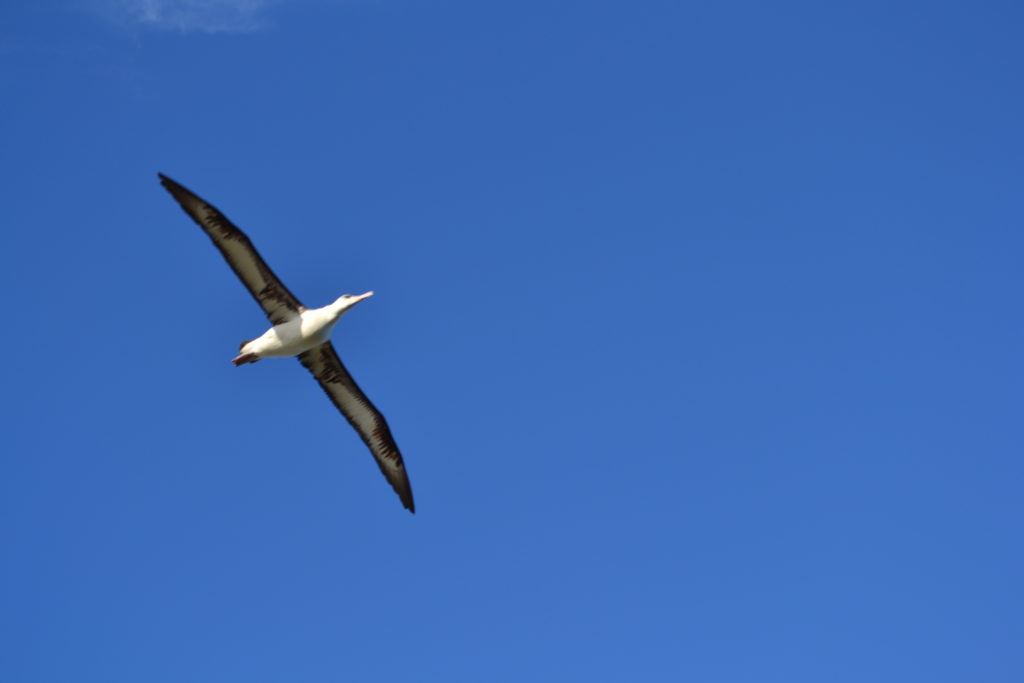
Wisdom returning to Midway is a bit like a deep exhale: refreshing, welcome. She provides us all with a little beacon of hope that maybe the world (and their species) isn’t totally screwed.
Pulling One Over On the System
I’ve been thinking a lot recently about why it is that there is such passionate interest in the plastic-free movement. Why is refilling so satisfying? What do we love so much about cute reusables, BYO-everything, or glass jars? Maybe my millennial is showing…
If I had to take a guess, I’d wager it’s because it feels like we’re pulling one over on the system (I talked about this in my last post). We’ve been told (through smart marketing) that we need our food packaged and our shampoo ensconced in plastic (for example). The plastic-free movements looks at all that and says, “Yeah, right! There’s a better way!” Once again, planet-saving awesomeness at its finest.
Turns out, they’re right. We really don’t need our food packaged or plastic in our shampoo. We don’t. But, we do have to be willing to change our behaviour. (behaviour that has – in part – been formed by smart marketing) Here’s an example:
Refill Revolution
Last week, I took a trip to my local refillery (Chickpeace) to pick up some salad dressing. One of the employees suggested that instead of buying a whole new bottle, that I pick out a jar from the community jar lineup and get the dressing in bulk. I’d get the same amount of dressing at a fraction of the price and save an entire bottle from being used. It’s no understatement that I was practically doing cartwheels through the store. What sage advice! And how unlikely it would have been that I’d have received the same advice at a big-box store!
(Incidentally – I think this salad dressing could also qualify as planet-saving awesomeness. Friends, find yourself a good, local, nutritional yeast dressing (trust me). Okanagan folks, get thyself to Chickpeace and stock up on Umami Crave the Fifth! You will not be sorry!)
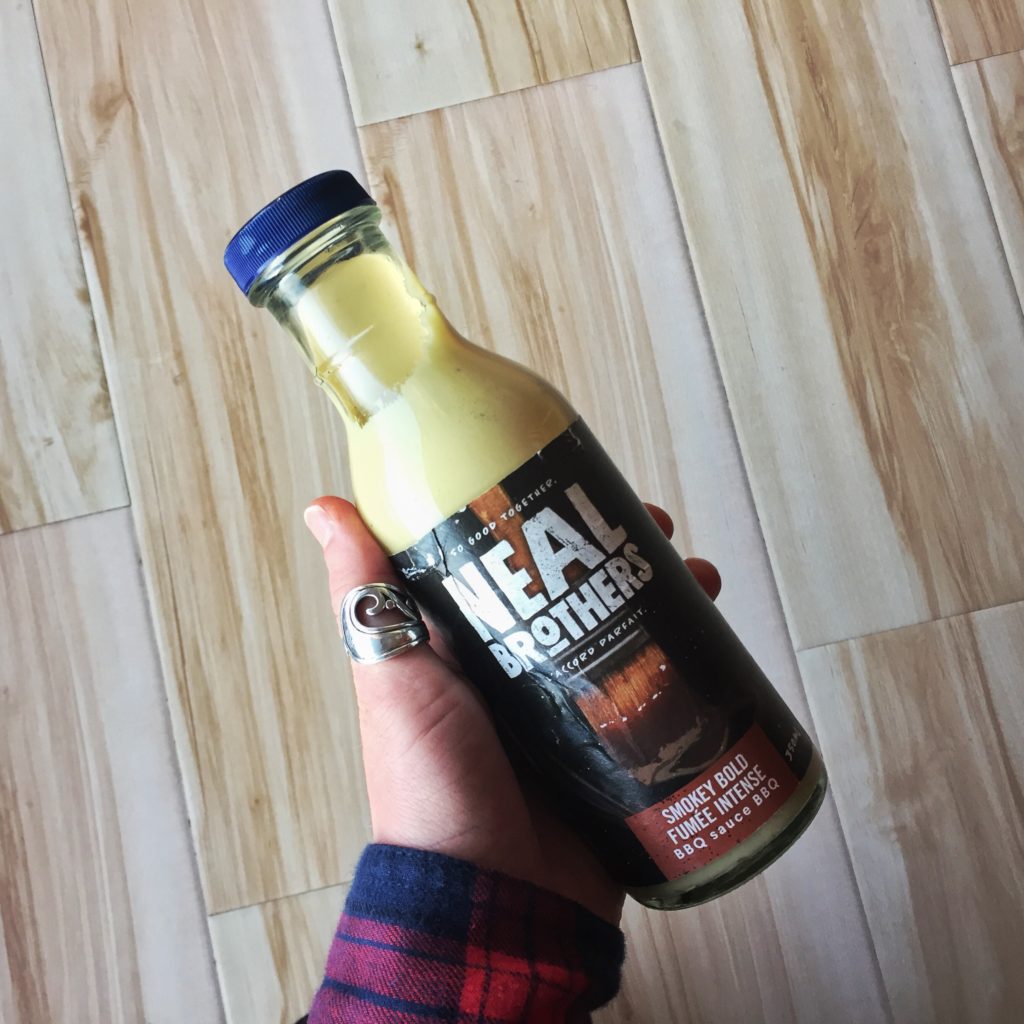
I’ve got another story to share in this same vein – regarding shampoo – but it’s deserving of its own post. So for now, mums the word, but just now I’ll be yammering on about shampoo bars…soon. Yessiree. 😉
Marching Onwards – Keep the Wins Coming!
Well folks, there you have it: a long-overdue smattering of wins. Whales, plastic, science, microplastics (I said plastics twice!), and birds. The pandemic may still be upon us, but good things are still out there. We just have to keep our eyes open to find them!
As always, if you have a “win” you’d like to share, please reach out. I’d love to hear about it! In the meantime, have a great week and keep on keepin’ on with your planet-saving awesomeness.

